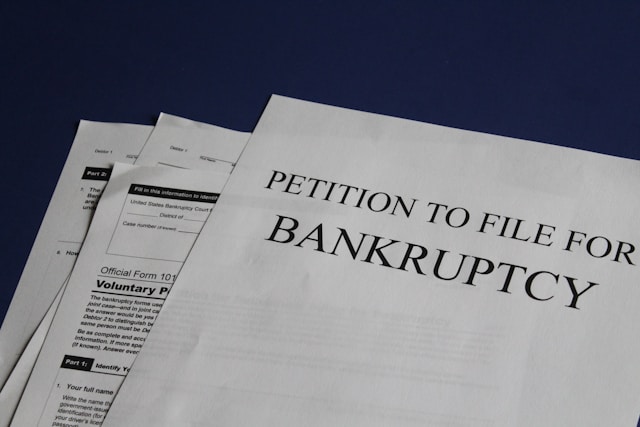Filing for Chapter 13 bankruptcy can be a good idea for someone who is drowning in debt with no chance of paying it off in a conventional manner. However, not everyone can file for this type of bankruptcy. There are requirements that must be met before you can initiate your case. A Montgomery County Chapter 13 bankruptcy lawyer from our firm can tell you if you qualify and if this is a good route for you.
How Do I Qualify For Chapter 13 Bankruptcy?
To meet Chapter 13 bankruptcy filing requirements, you must:
Be current on tax returns: You have to have filed taxes with the state and federal government for the last four years. If you have not done that, you can file taxes and then start bankruptcy proceedings.
Not have too much debt: The limits can change from year to year, but there is always an amount of unsecured debt and an amount of secured debt that is too much for Chapter 13 bankruptcy. If you owe more than these limits, you need to explore other options.
Have a steady income: You make a payment plan as a part of this process, so you must show that you have sufficient income to make those payments to your creditors.
Be filing as an individual, not a business: Businesses are usually guided toward Chapter 11 bankruptcy instead of Chapter 13. However, a sole proprietor may be able to file for this type of bankruptcy instead. This is why it’s important to talk to a lawyer about your options.
Why Should I File For Chapter 13 Bankruptcy?
When you file for Chapter 13 bankruptcy, an automatic stay is issued. This means that your creditors can no longer take collections actions against you, like trying to garnish your wages. This can give you breathing room and reduce how much stress your financial situation is causing you.
Filing also gives you the chance to get a fresh financial start. Your credit score will take a hit, but it can recover over time. Now you can rebuild and practice better money management habits.
How Do I Pay Off My Debts in Chapter 13 Bankruptcy?
When you file for Chapter 13 bankruptcy, you make a payment plan that your creditors have to agree to. Then you pay your debts down over time, usually a period of three to five years. In many cases, you don’t even have to pay the full amount that you owe. Your creditors will be satisfied with how much you pay during these three to five years and your account can be considered closed.
There are exceptions to this though. Some debts, such as child support, are likely to be considered “priority debts.” It’s unlikely that you’ll be able to avoid paying any portion of a debt like this. If you owe back child support or alimony payments, the court is going to want you to make good on your obligations.
Contact Our Firm
If you think that you qualify for Chapter 13 bankruptcy and that it’s your desired route out of debt, we may be able to assist you. Contact Mudrick & Zucker to schedule a consultation and learn more about how our attorneys can help you with this process.


